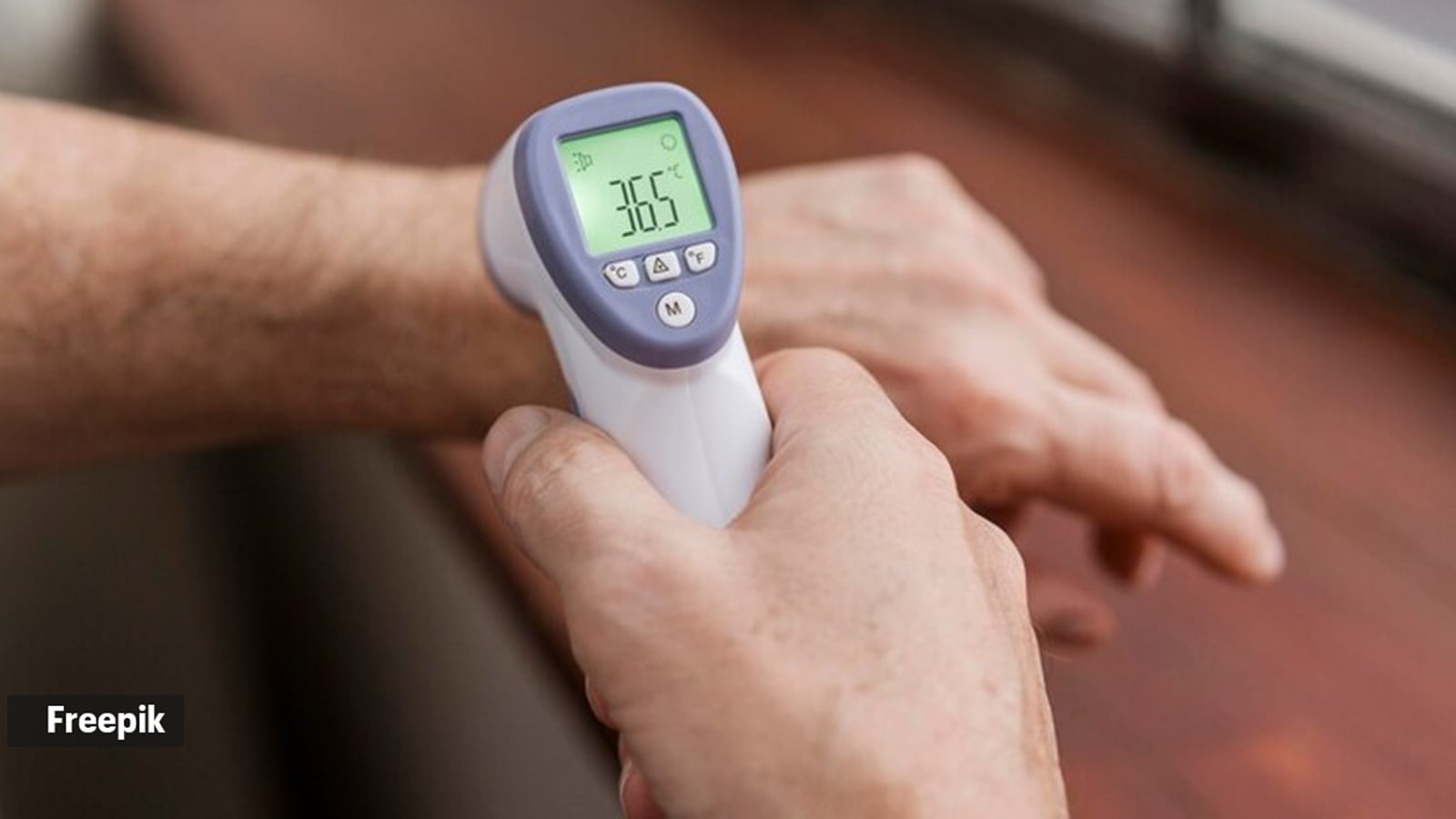📣 For more lifestyle news, click here to join our WhatsApp Channel and also follow us on Instagram
No, ice creams do not cool you down — they raise body temperature!
While ice cream may temporarily provide a cooling sensation in your mouth, it ds lead to increase in your body temperature; find out more on why it happens
 Are you eating ice-creams? (Source: Pixabay)
Are you eating ice-creams? (Source: Pixabay)As the temperatures increase outside, most of us turn to cool treats to beat the heat inside. And ice creams are what most of us reach out for. However, if experts are to go by, these delectable treats can raise body temperature instead of cooling you down!
But how, and why?
When you consume ice cream, particularly one with a high milk fat content, a process called diet-induced thermogenesis occurs in the body. “This process refers to the heat produced during the digestion and metabolism of food,” explained Riya Desai, senior dietitian, Wockhardt Hospitals, Mira Road, Mumbai.
Fats, such as the milk fat found in ice cream, have a higher energy content compared to other nutrients like carbohydrates or proteins. “As a result, when fats are metabolised, they release more heat and provide more energy to the body,” said Desai.
Even a 2019 study by food researcher Dr Bohdan Luhovyy at Mount Saint Vincent University, Canada explained the science. According to Dr Luhovyy, the predominant ingredients in most ice cream products are milk fat and sugar. “When fat is broken down in the body, it releases a significant amount of heat. This process is called diet-induced thermogenesis. Compared to other nutrients, fats have the highest energy and therefore have a potential to release heat in the body,” noted Dr Luhovyy in the study.
Adding Dr Manjusha Agarwal, senior consultant, internal medicine, Gleneagles Hospitals Parel, Mumbai elaborated on why we feel cool on having ice cream. “When one has something cold like ice cream, the mouth and throat receptors send signals to the brain that interpret this sensation as cooling down. In response, the body tends to work harder to tackle this cooling effect by slightly raising its internal temperature through mechanisms such as increased metabolic activity,” said Dr Agarwal, highlighting mechanisms for regulating body temperature, such as sweating to cool down and shivering to generate heat.
“These mechanisms are influenced by factors like ambient temperature, physical activity, and internal metabolic processes. However, consuming ice cream alone does not significantly affect these natural temperature-regulating mechanisms,” said Desai.
Is the heat too much?
Experts urge it’s important to note that the amount of heat generated from consuming ice cream is “relatively small and short-lived”. “The increase in body temperature is not significant enough to have a noticeable impact on your overall core body temperature,” stressed Desai.
 Measure your body temperature after ice-cream (Source: Freepik)
Measure your body temperature after ice-cream (Source: Freepik)
So next time you indulge in your favourite ice cream, know that it may temporarily elevate your body temperature. “It is better to cool down the body by having chaas or buttermilk, nimbu paani or lemon water, or nariyal paani or coconut water which can be beneficial for you as well,” said Dr Agarwal.
You can also try fruits like watermelon, and muskmelon or hydrating vegetables such as cucumber.
📣 For more lifestyle news, click here to join our WhatsApp Channel and also follow us on Instagram
Photos






- 01
- 02
- 03
- 04
- 05




















